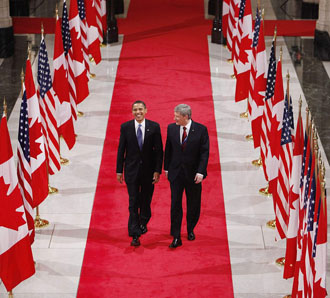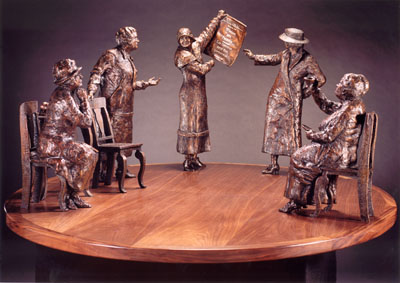Article
Ethnomusicology
The word "ethnomusicology" was adopted by a group of music scholars in the 1950s to replace "comparative musicology". In the early and mid-20th century, the field was often defined to encompass musical traditions other than European art music (the study of which is sometimes labelled "historical musicology"). In the late 20th century, on the other hand, ethnomusicologists broadened the field to encompass, not only what is marketed as "world music", but all musical practices, the ideas that shape them, and the social contexts that sustain them. That is, ethnomusicologists ask questions about the ways in which social attitudes and values shape the production and reception of musical sound. In addition, they consider how the performance of sound itself and the means by which the sound circulates (ie, in performance, via broadcasts, or as a commodity) shapes social values and attitudes, in turn structuring such things as class, ethnicity and gender.







